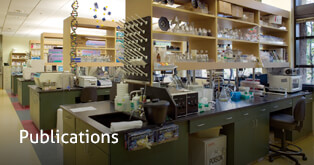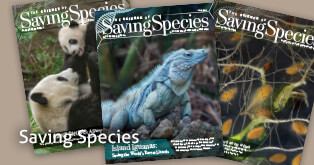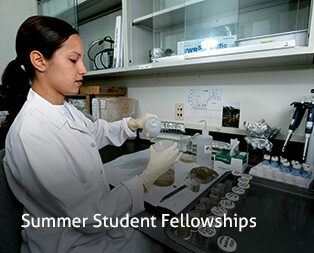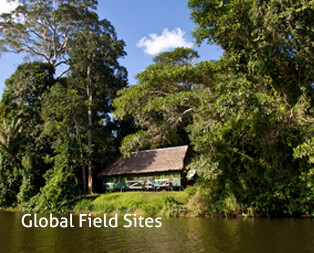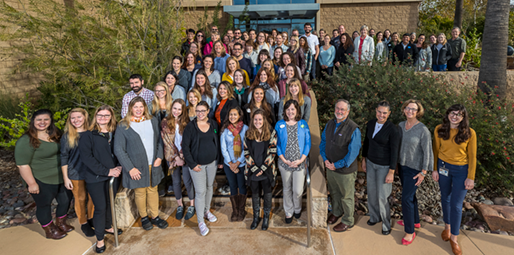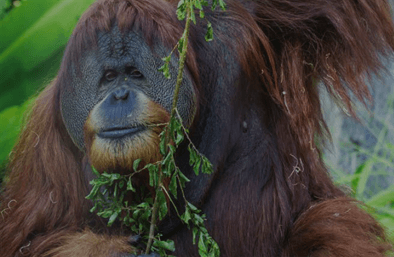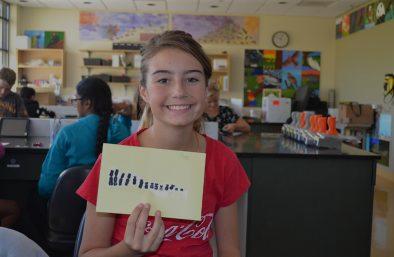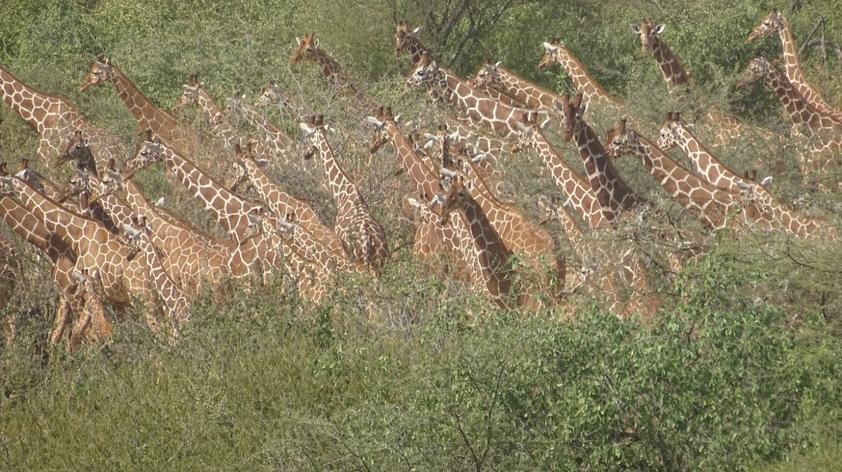
COVID-19’s role on giraffe conservation in Northern Kenya
We work as the Twiga Walinzi, (‘Giraffe Guards’ in Swahili) research team in northern Kenya. I (Jonathan) am the Project Coordinator in Namunyak Conservancy while Sebastian is the Community Coordinator for our project.
We are both from one of the pastoral communities in Kenya. These communities practice a nomadic kind of lifestyle where a frequent migration from one place to another in search of pastures and water for their livestock is common.
Being a member of this community taught me how to coexist with livestock and wildlife in harmony. While looking after our parents’ livestock, we would come across many species of wild animals – elephants, dik dik, giraffe, etc.
As a pastoralist some of us had the opportunity to go school, but of course were then tasked to look after the livestock every weekend and over the holidays. Now I see that both going to school and herding taught me so much about peaceful co-existence with wildlife and fostered my love and passion toward conservation.
Through the Twiga Walinzi, I do feel I am living my lifelong dream - to have a long life serving our community through conservation. I feel it is a duty of ours to go out to the communities to talk about conservation and try to correlate traditional believes and values of wildlife with our conservation goals.
Now, as the world faces a new crisis, helping our pastoral communities share our beliefs in coexistence is more important than ever.
Suddenly it seems there is a disquieting hush across the world from the COVID-19 pandemic. The COVID-19 cases Kenya were escalating every day and as of April 27, Kenya had reported 375 total cases within the country.
At the beginning of the pandemic, the government of Kenya had to set measures for safety of its citizens and its wildlife. As a precaution, the government quickly closed all factories, schools, livestock markets, national parks, and later locked down the most hit and prone to virus cities, Nairobi, Mombasa, Kwale, Kilifi and lately Mandera.
Thankfully, the number of Covid-19 cases in Kenya seems to be leveling off, but the ministry of health is now advocating for personal protection techniques like wearing a mask in public places, washing hands thoroughly, and maintaining social distance.
While, some of these things are more easily observed in the big cities, running water is not common in the pastoral communities where we live and it presents a new challenge for our communities.
However, we are doing our best to abide by these regulations for the hope that this lockdown ends soon.
While these measures were justified to protect the health of our country, we worry that it will have dire effects on wildlife. With ecotourism suspended, most of the national parks, community conservancies and private conservancies are now idle and less active. This has led to many of us working in conservation, to stay home, leaving our critical work unaided.
This puts our wildlife at high risk to poachers and other minor phenomena. The elephants and rhinos are at risk for their ivories and horns, respectively, while giraffes and other ungulates are not safe for they can be hunted for food.
We are worried and vexed over the future of our wildlife, more so giraffe, as through this project we have grown to love them even more. The Twiga Walinzi team in Namunyak Conservancy, where we work, is made up of eleven members, all members of the local communities, who are now at home observing the COVID-19 stay-at-home order with their families.
It was approximately five weeks ago that we released the team for their normal off duty when the Nation (Kenya) announced the first case of Covid-19. I never thought this off duty might end up in a period that exceeds a month! Now we all are still at home, five weeks later, hoping for better results from the Health Department and favorable announcements that may allow us to go back to work.
The members of the Twiga Walinzi team are always calling asking when shall we get back to work, as we worry what will happen to wildlife when the people tasked with protecting it are forced out of work. To hear about how the other members of our team at Loisaba Conservancy are doing, read our coordinator Symon’s blog here.
We are really hoping and praying that this pandemic comes to an end so we can get back to work to see our giraffes, meet other giraffe guards, interact with our communities, and our colleagues overseas have their normal visits to the team. On behalf of the Twiga Walinzi team, I wish you and all the wildlife, health and safety during this time.

